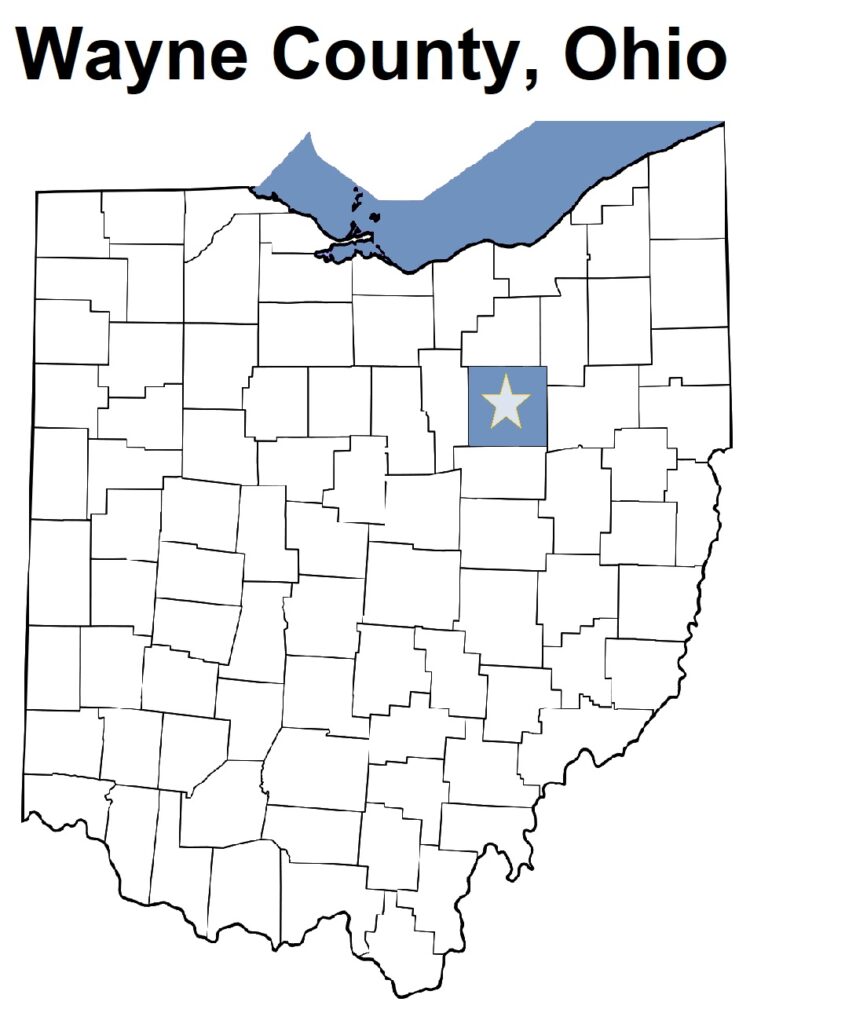Q: What does subsidy mean? Subsidy is a government sponsored economic assistance aimed towards helping with costs and expenses. (For example: The government is helping with the cost for your housing. The full rent to the property owner is $800. The government is paying $700 on your behalf and you pay the difference of$100. This is called subsidized housing)
Q: What and who is Metro? Metro is the term often use to associate with a Housing Authority. Housing Authorities offer different housing programs. Each housing programs are different from one another. (For Example: Housing Choice Voucher which use to be called Section 8 is where a family will have to search for a private Landlord that is willing to accept their voucher. Public Housing is where the Housing Authority is the Landlord and an individual will be screened and offered by the Housing Authority before moving into one of the Housing Authority’s available place. Some Housing Authorities offer other programs and it is up to you to choose what programs you are best for you.
Q: How long is the waiting list for the programs? The waiting list varies from program to program. It is very difficult for Housing Authorities to give an applicant an estimated timeframe on when they will be selected from a waiting list. Waiting lists selections may be determined by funding and availability.
Q: Can I apply to multiple waiting list? Yes. You can apply to any and all of our programs waiting list that is open.
Q: Do you have emergency housing? No. WMHA does not offer emergency housing. Our programs function off a waiting list.
Q: Can you use your voucher for a public housing place? No. These are separate programs. The funding and rules from HUD does not allow voucher to be used with Public Housing. Voucher can only be used with a private landlord. Some Housing Authorities may own private houses that may accept vouchers.
Q: What happens if I have been evicted, owe money to or sanctioned from a Housing Authority? The Housing Authority will enter your name, debts owed or any action against you into the Enterprise Income Verification (EIV) system. If you have been evicted, owe debt or any other action, this information will be present in the EIV system for all other Housing Authorities across the country to view. Housing Authorities are required to check this report before a family receives assistance. If you are on the report, you will need to contact the Housing Authority that created the action.
Q: How long can I stay on assistance? This varies from program to program. Also, it varies by Housing Authority and what is their plans. For the most part, if you are income, background eligible a person can stay on assistance. HUD and majority of Housing Authorities across the country are helping participants to become more self sufficient.
Q: What is an Utility Reimbursement payment? A utility reimbursement (URP) is money owed to a participant because the utility allowance amount exceeds the Total Tenant Payment (maximum amount a tenant pays based on 30 percent of income and any other deductions calculated). For example: You make $10,000 a year with no other deduction. Divide $10,000 by 12 (for months) which equals $833. The Total Tenant Payment will be 30 percent of $833 which comes out to $249. You are responsible for the electric, gas, water, sewer and trash. HUD gives a figure to all Housing Authority to how much the Utility Allowance will cost for your place based on the structure. In this example, your place is a single house and HUD has your Utility Allowance set at $400 for all the utilities that you pay. Since your Utility Allowance of $400 is more than your Total Tenant Payment of $249. You will receive a payment of $141 to help with the utility cost.

